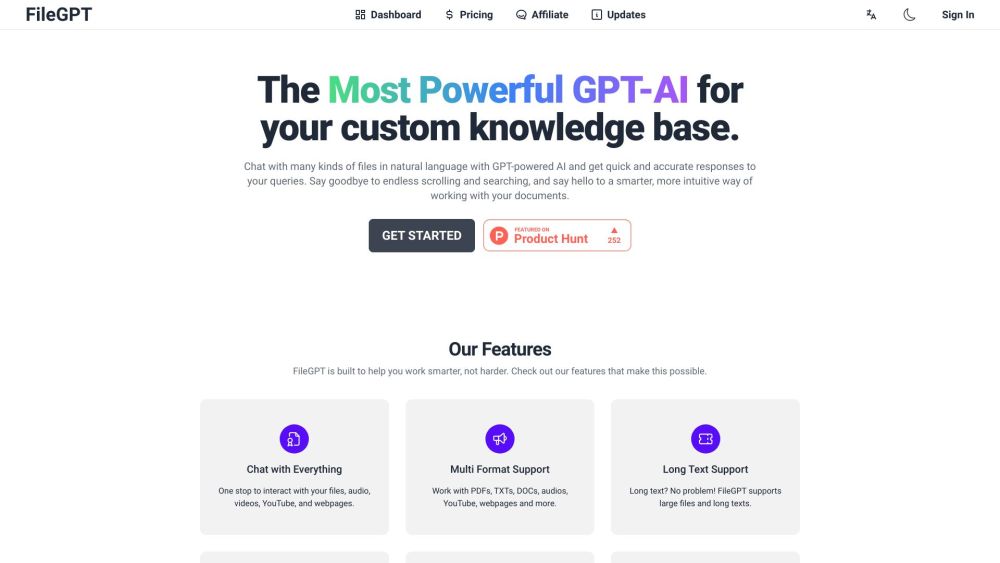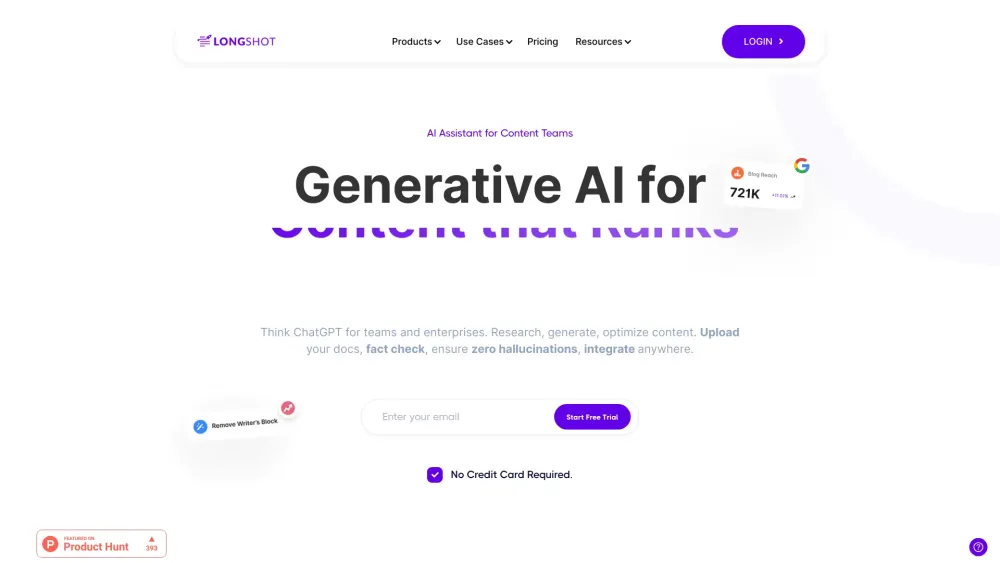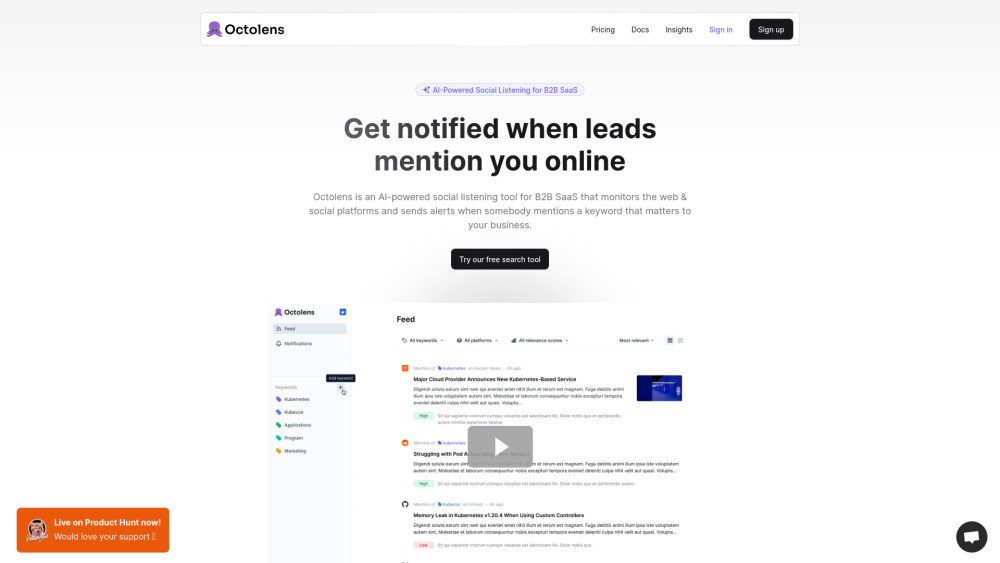At its inaugural developer conference in San Francisco, OpenAI unveiled several noteworthy innovations, including GPT-4 Turbo, customizable ChatGPT versions via GPT Builder, and the new Assistants API. These developments enable programmers to rapidly create personalized "assistants" for their applications.
Given the growing interest in generative AI among enterprise businesses, various leaders shared their insights on the implications of OpenAI's announcements.
Democratizing AI for Enterprises
Sheldon Monteiro, Chief Product Officer at Publicis Sapient, noted that with the introduction of GPTs and enhanced APIs, OpenAI has made formerly technical tasks accessible to non-developers. This democratization allows businesses with limited resources to create specialized assistants easily.
Alex Beckman, CEO of ON, stated that these advancements will significantly enhance enterprise engagement with generative AI. He emphasized that the improved API offers refined control over both input data and AI-generated information, leading to more coherent, contextually relevant content that leverages knowledge up to April 2023.
However, while usability and performance have improved, Beckman cautioned that the foundational model of GPT-4 remains unchanged. He pointed out that OpenAI’s user interfaces still lag, which could hinder adoption within enterprises.
Unlocking Productivity with GPT Agents
Bob Brauer, CEO of Interzoid, highlighted that OpenAI’s custom GPTs can integrate specific knowledge sources, like company handbooks, allowing organizations to deploy AI chatbots company-wide. This access to long-standing knowledge repositories can lead to substantial productivity improvements. For instance, an HR department could transform a 200-page handbook into a chatbot, streamlining inquiries and expediting onboarding for new hires.
The Game-Changing Context Window of GPT-4 Turbo
Monteiro underscored the significance of GPT-4 Turbo's longer context window of 128K, which equates to 300 pages of text. This enhancement improves context comprehension, document summarization, and facilitates more coherent conversations. For example, it allows developers to analyze legacy code more effectively without manual segmentation.
Piyush Tripathi, Lead Engineer at Square, illustrated the potential of GPT-4 Turbo in tackling large-scale communication tasks. He recalled challenges faced in processing customer queries from 23 million users, stating that the new context window would have significantly eased the manual effort required for summarizing data.
Addressing Key Challenges in Generative AI
Despite the promising features, not all enterprise leaders view OpenAI’s announcements as transformative. Kjell Carlsson, Head of Data Science Strategy at Domino Data Lab, expressed concern that while GPTs facilitate the creation of generative AI proofs of concept, they do not resolve crucial issues surrounding data security, scalability, and performance. He cautions that many enterprises may risk failure by outsourcing their generative AI capabilities, emphasizing that substantial in-house expertise is essential for success.
Catalyzing Experimentation in Generative AI
Jon Hackett, VP of Technology at Huge, noted that generative AI remains relatively new for enterprises, which often prioritize risk management. He argued that OpenAI’s Assistant API and GPTs present a smart way for companies to experiment with generative AI at low cost before committing to larger investments.
Hackett drew parallels with offerings from Google and Meta, highlighting the importance of better pricing models to drive adoption. He urged organizations to prioritize swift and safe experimentation with generative AI to enhance productivity and improve consumer experiences. In a rapidly evolving landscape, companies must develop AI proficiency or risk being outpaced by competitors. Those needing assistance should seek the right partners for guidance.





